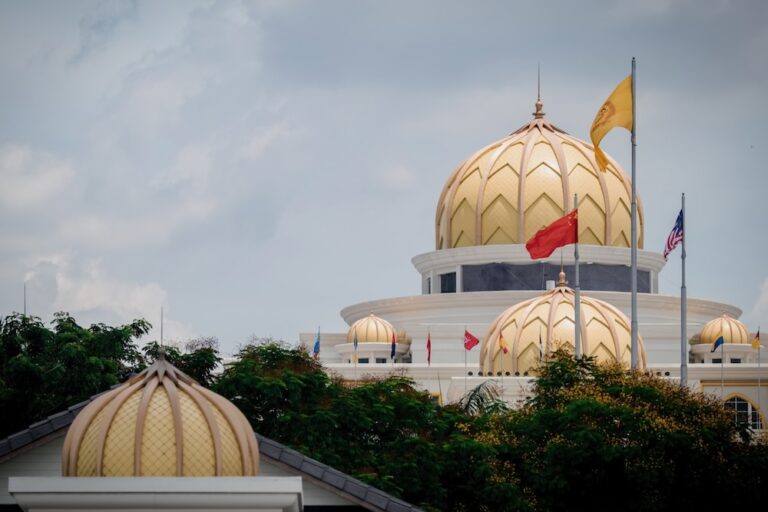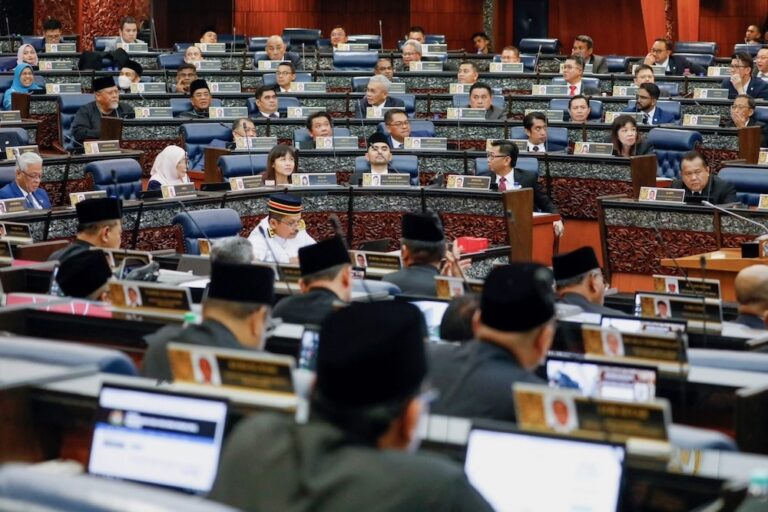ARTICLE 19 says further action is needed by Malaysia's new government to protect the rights of Malaysians, and calls for a far-reaching and comprehensive program of legislative reform.
This statement was originally published on article19.org on 16 August 2018.
ARTICLE 19 commends the Malaysian government for following through on its commitment to repeal the Anti-Fake News Act, a recently-enacted and highly controversial law that constituted a serious threat to freedom of expression. However, further action is needed to protect the rights of Malaysians. Malaysia’s new leaders must initiate a far-reaching and comprehensive program of legislative reform targeting legal provisions previously used to suppress fundamental rights and freedoms.
“The Anti-Fake News Act was a manifestation of the prior government’s deep insecurities and willingness to go to any length to stifle criticism and dissent,” said Matthew Bugher, ARTICLE 19’s Head of Asia Programme. “Repealing the law was an easy win and an important first step for a Pakatan Harapan government that has promised more sweeping reform efforts.”
The Anti-Fake News Act entered into force on 11 April 2018, less than a month ahead of the 9 May general election won by the Pakatan Harapan coalition. The lower house of Malaysia’s Parliament voted today to repeal the law.
Rights groups, including ARTICLE 19, vociferously criticized the law, which many believed to be an effort by the Barisan National-led government to silence its critics and stifle reporting on government corruption. In a legal analysis published shortly after the Act’s enactment, ARTICLE 19 described the various ways in which the law violated international law and standards and constituted a threat to freedom of expression. The Act defined “fake news” broadly, imposing criminal penalties of up to six years’ imprisonment and large fines for those involved in its dissemination. By establishing ambiguous legal duties of “truth”, the law gave authorities broad censorship powers that government authorities could use to control public discourse, journalism and online speech. The Act also threatened online intermediaries, including social media platforms and search engines, which faced punishment for failure to comply with court orders to remove content.
Although the repeal of the Anti-Fake News Act is a welcome action by the new government, ARTICLE 19 is concerned that authorities have continued to use other repressive laws to target those expressing the critical opinions in the months since the election. For example, in July, police officials initiated an investigation into potential violations of the Communication and Multimedia Act 1998 and the Sedition Act 1948 by lawyer and human rights defender Fadiah Nadwa Fikri in relation to a blog post perceived by some as disrespectful to the monarchy.
ARTICLE 19 calls on the government to follow the repeal of the Anti-Fake News Act with concrete actions to create an environment that enables the enjoyment of the rights to freedom of expression and opinion and protects those expressing controversial or minority viewpoints from censorship or retribution by public or private actors. Specifically, ARTICLE 19 urges the government to reform or repeal laws that have been used to stifle criticism and dissent or restrict the right to freedom of expression, including the Sedition Act 1948, Official Secrets Act 1972, Communication and Multimedia Act 1998, Printing Presses and Publications Act 1984 and Film Censorship Act 2002.
“Even after the repeal of the Anti-Fake News Act, authorities still have access to the full arsenal of laws that have historically been used to target activists, journalists and government critics in Malaysia,” said Matthew Bugher. “The retraction of the Anti-Fake News Act will be little more than window dressing unless the government follows it up with the reform or repeal of laws such as the Sedition Act and Communications and Multimedia Act.”



